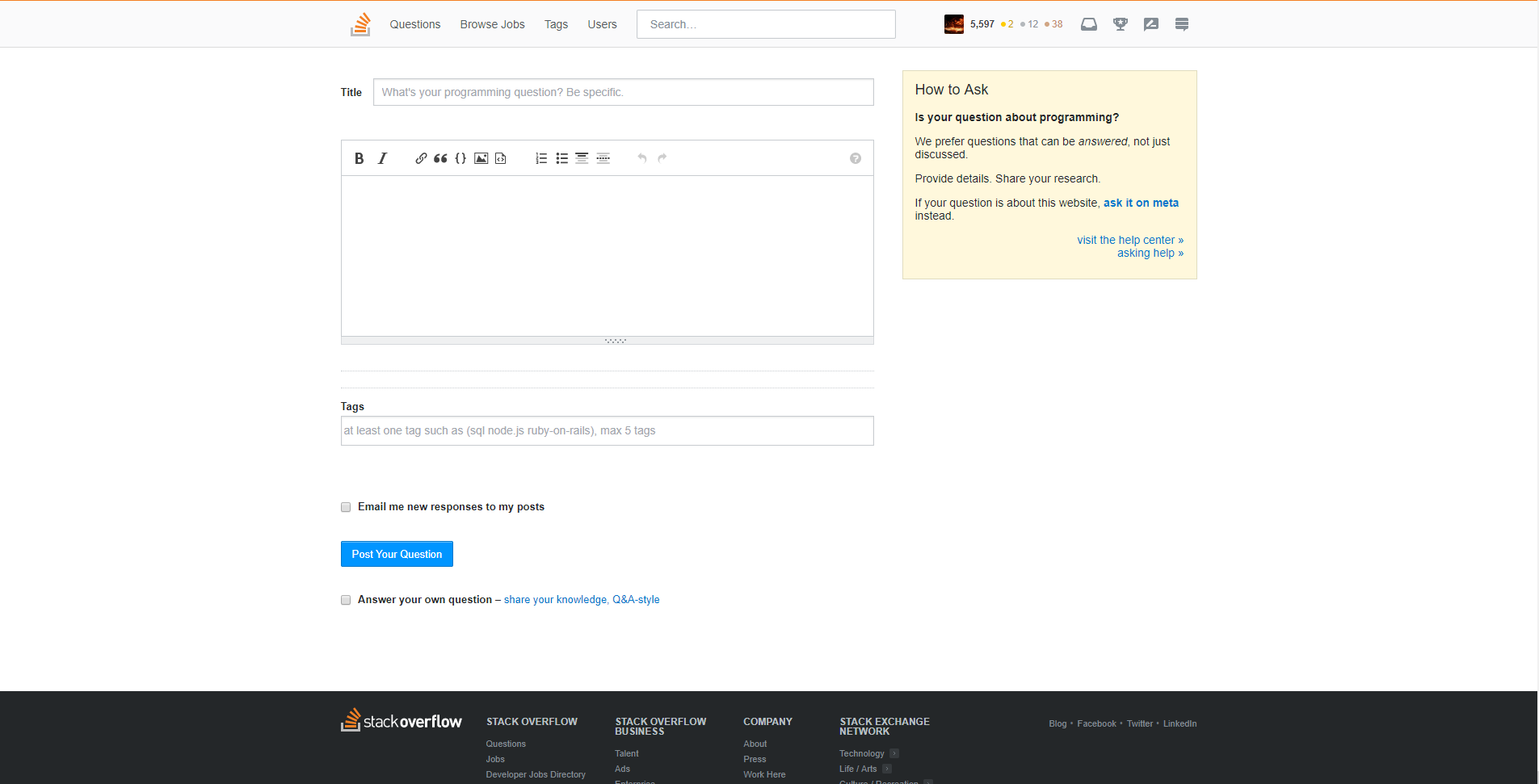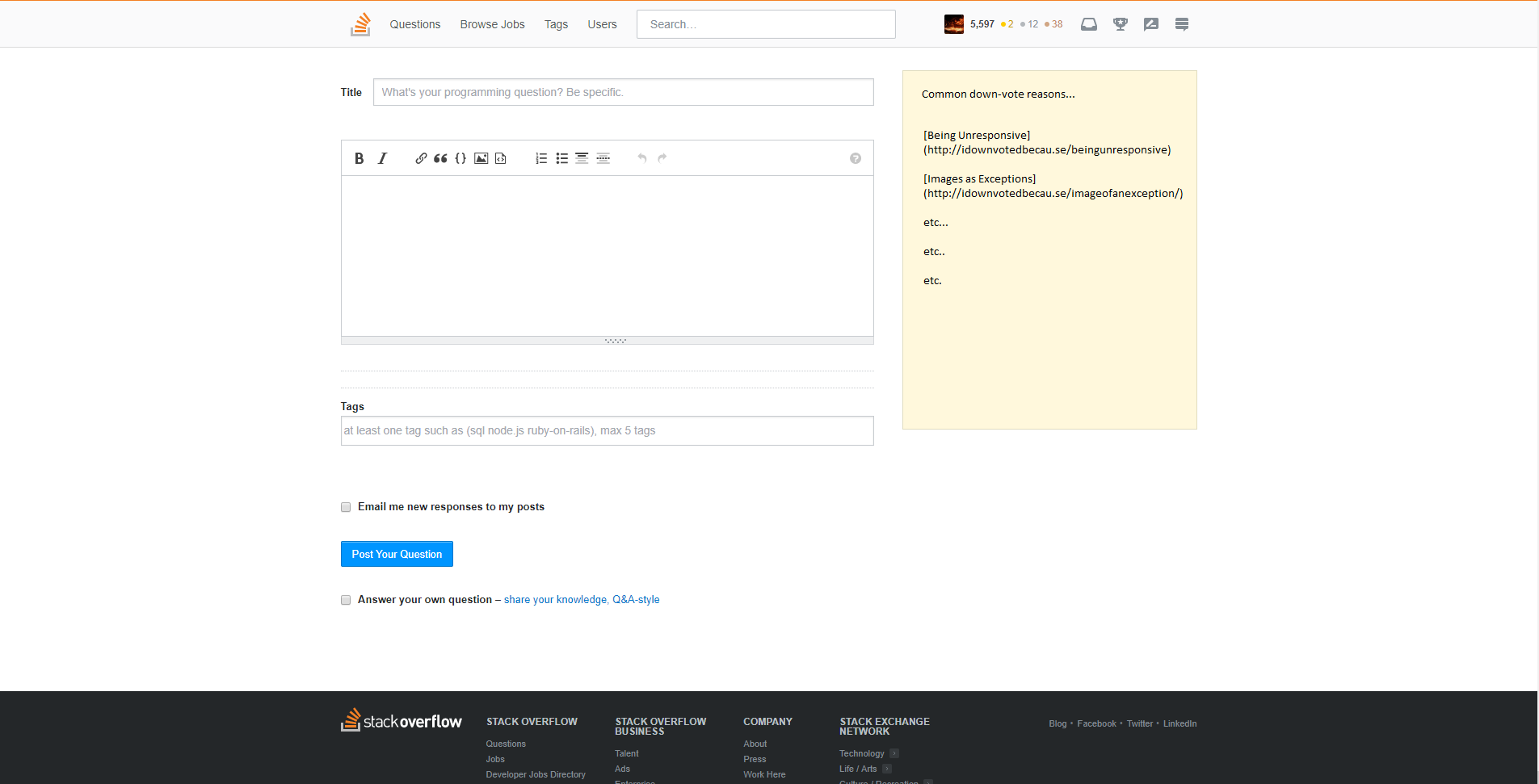I know that we have a similar proposal detailed in Enable Optional Anonymous Reasons for Downvotes on Questions and it covers a lot of similar topics, but I'm seeing a noted increase in use of idownvotedbecau.se comments and to me that means that since there isn't currently a site enabled way to provide quick, anonymous feedback beyond a bare vote, users are forgoing the anonymous benefit and embracing the macro-oriented approach. The fact that we are seeing an increase in use, to me, means that we might be hitting a tipping point.
I'm asking this question because we should probably get ahead of the usage of idownvotedbecau.se comments. Take a stance on whether they should be used or not. If we embrace them, can we curb some of their negative implications (terseness, revenge targetting, off-sited-ness)?
I am making assumptions about why users leave links to idownvotedbecau.se based on statements from this question: Is idownvotedbecau.se recommended? and from my own observations:
- Users don't want to have write long comments detailing why they downvoted something over and over again because it can get exhausting repeating themselves.
- Related to 1, it gets people to actually state why they are downvoting because it is so easy.
- The content contained in the link isn't limited to a 600 character, 13pt font, comment block.
- As Jon Ericson said,
It encourages people to follow through on downvoting rather than just leaving a comment.
- It can in fact help the target of the link to understand why they are being downvoted.
Right now Stack Exchange already puts up big messages whenever question gets put on hold, closed, or shifted into some other final state. These links to idownvotedbecau.se are in essence a less obvious form of those messages. Would it make sense to embrace these messages and possibly give posters feedback earlier about why they are getting downvotes with a site integrated feature?
I'm thinking that whenever I downvote a post, I am given the option (i.e. not mandated) to give a reason from a list why I downvoted. Then, a message below the post is displayed detailing the current reasoning behind their downvotes would appear. I would say that this should probably be visible only to the poster.
This does a few things:
- Since it is integrated directly into the site, we can keep it anonymous. One of the pain points of posting idownvotedbecau.se comments is that the recipient has a direct way to know who downvoted, get huffy, and retaliate.
- It gives feedback to the poster sooner rather than later so that they can fix their post before it gets closed or shifted to a state that is more difficult to recover from.

